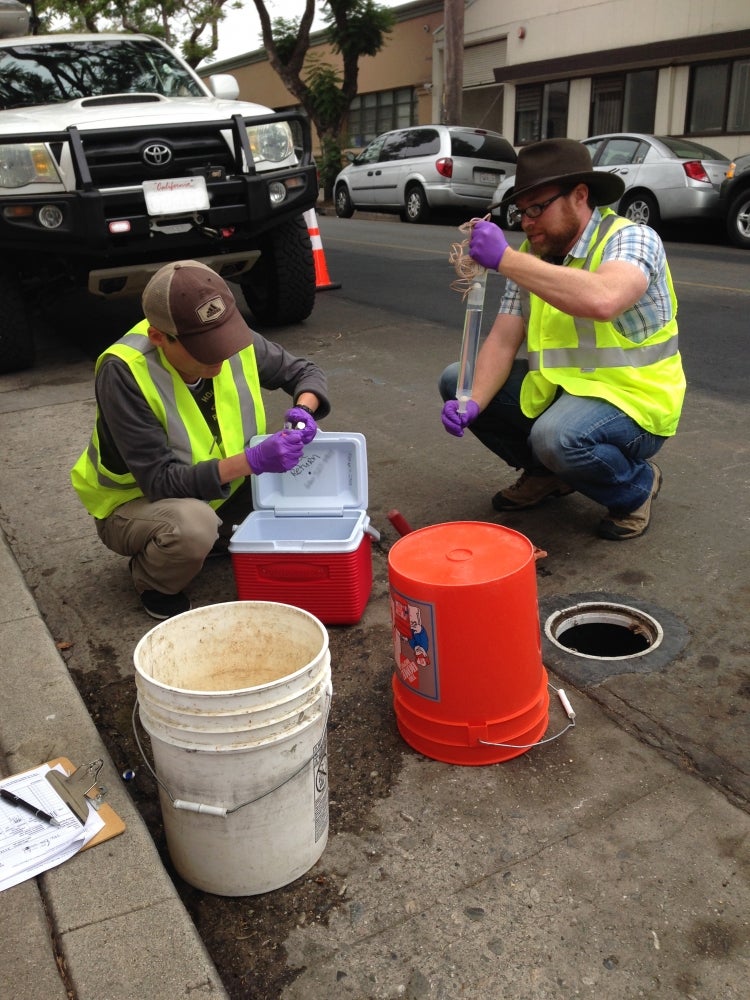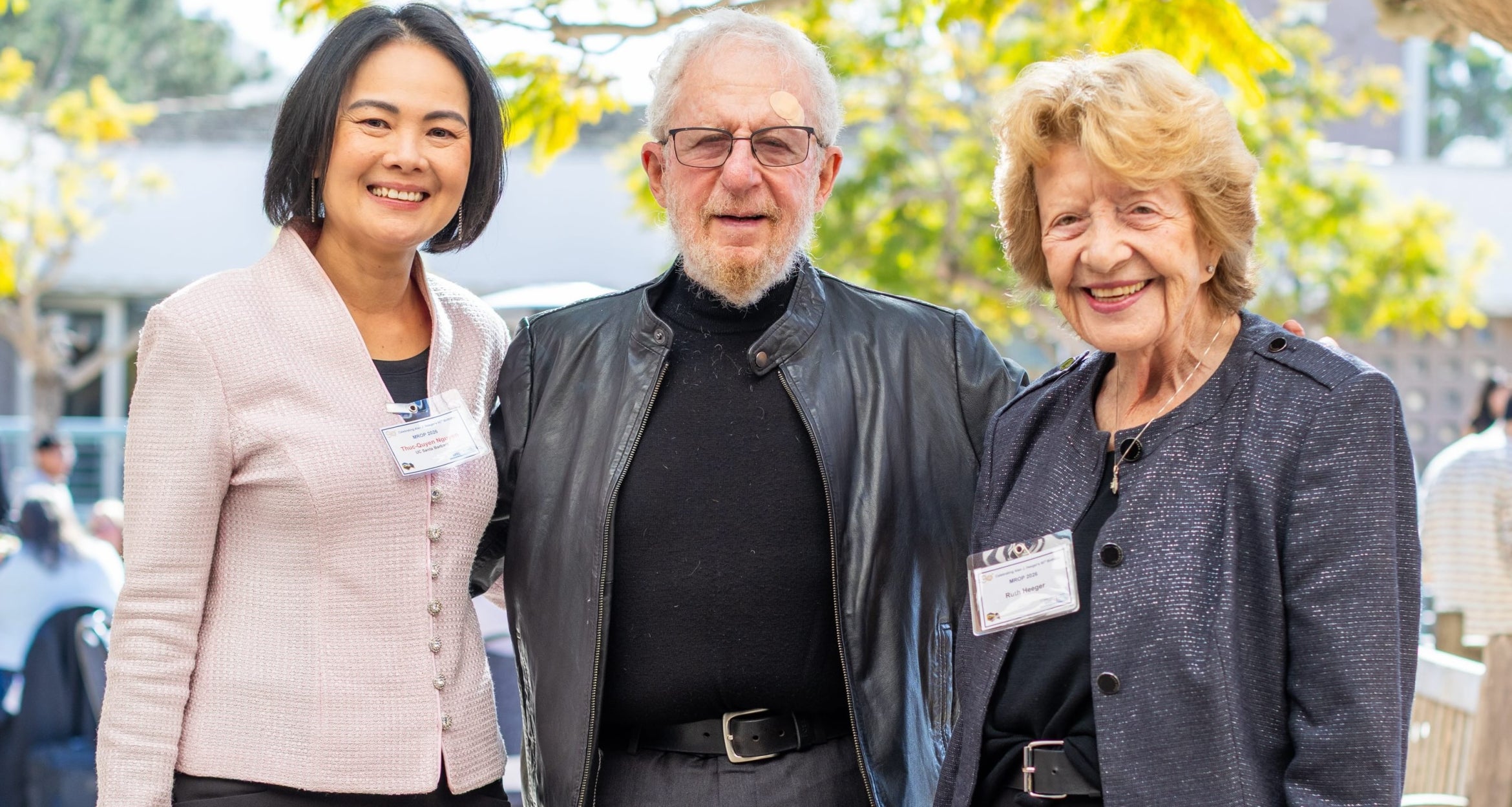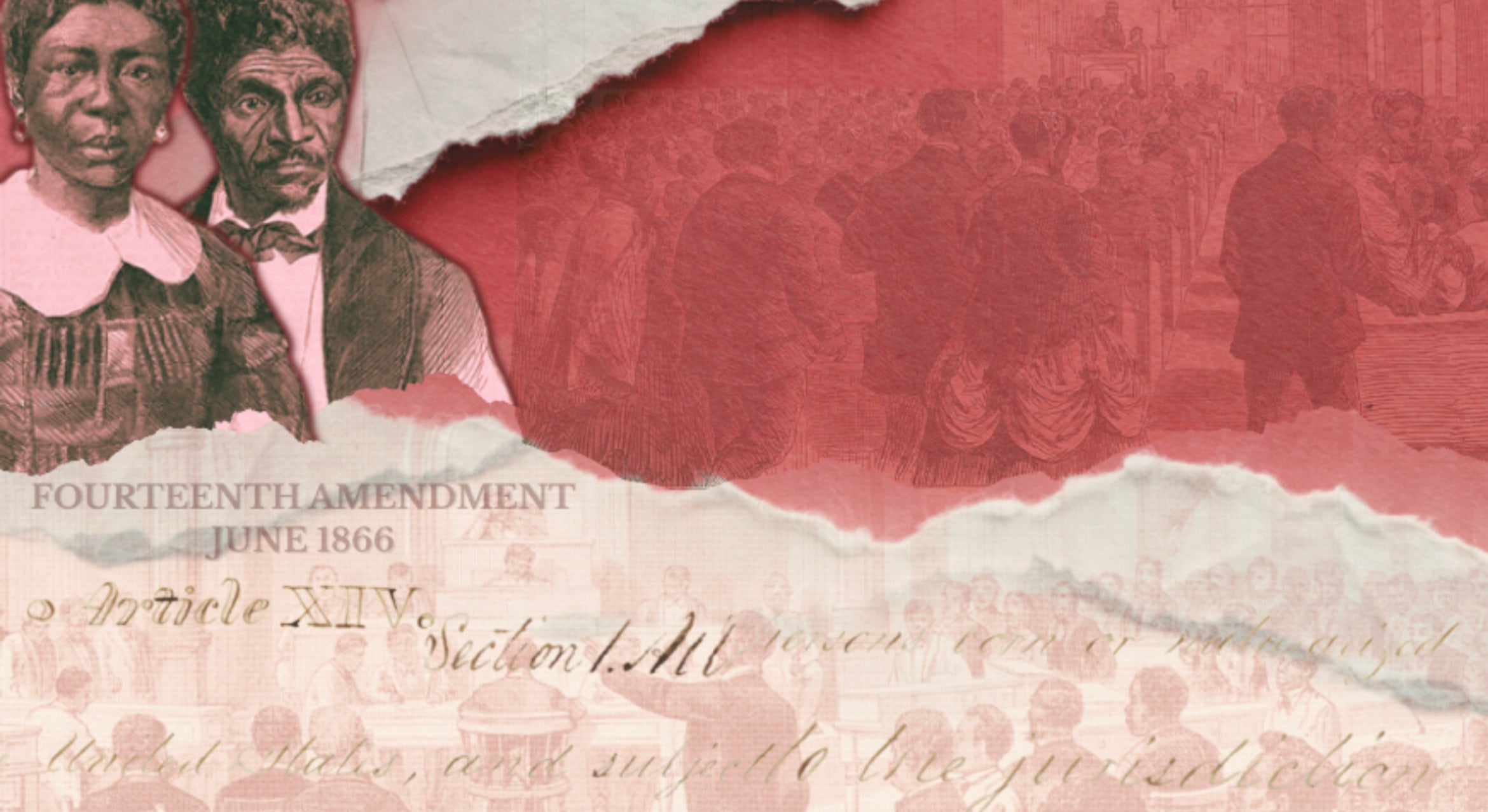
In Memoriam: Henry Wheeler, Jr.
Henry (Sam) Wheeler, Jr., a philanthropist whose generosity and passion for water research left an indelible mark at UC Santa Barbara’s Bren School of Environmental Science & Management, has died.
A longtime water industry executive, Wheeler was the key supporter of an ongoing research and training effort in urban water quality led by Bren professor Patricia Holden.
“Sam Wheeler had an insatiable hunger for knowledge and a sincere concern for human health, the environment, and the connection between those broad domains,” said Holden, who is also a principal investigator at the UCSB Earth Research Institute and director of UCSB’s Natural Reserve System. “He viewed cutting edge scientific research as the solution to major problems, and gave generously in support of his views. He embodied a unique combination of scientific curiosity, brilliance, humility, inspiration, generosity, compassion and humor. All who were fortunate enough to know him are forever changed for the better.”
Known for his broad and deep engagement with science — arising out of his own passion for knowledge and interest in discoveries that could improve the world — Wheeler first learned about Holden’s work in a 2011 Science News article about her research. As someone who enjoyed studying and learning across disciplines, Wheeler would say later that he took particular note of the fact that Holden is both a civil engineer and a microbiologist, a rare combination.
In February 2012, Holden received a phone call from Professor W. Geoffrey Owen, senior advisor to UC Berkeley’s Henry Wheeler Center for Emerging & Neglected Diseases (CEND) and a longtime associate of Wheeler. That call led to a phone introduction between Wheeler and Holden. It was the first of what she recalled as “many marvelous conversations,” some of which related to Wheeler’s interest in funding her research.
Holden eventually developed the concept for a new research initiative. After a subsequent meeting at UCSB, Wheeler began supporting her Urban Water Environment (UWE) program, a dual-thrust endeavor looking to identify and quantify threats to surface waters and groundwater in urban environments — and determine how to mitigate them.
Wheeler visited the Bren School several times over the next few years. Holden recalled those interludes as “warm events at which ‘the boots on the ground,’ as Wheeler referred to the student, postdoctoral and staff researchers who were supported by his gift, were center stage.”
At the time, Holden’s lab was not yet conducting research on the topic of shallow groundwater. “It was Mr. Wheeler’s suggestion that led us there,” she said. The UWE’s first focus was on understanding geospatial relationships between various types of municipal infrastructure (sanitary sewers and storm drains) and shallow-groundwater quality. The work involved collaborators from the University of Arizona, the U.S. Geological Survey and the University of Texas, El Paso. The study findings were published recently in the journal Water Research.
“It has opened so many new doors and raised so many new questions, and has deepened and broadened our relationships with public agencies, which, hopefully, can benefit from the results and approaches,” Holden said of the UWE program and the importance of its continuing work. “I am ever grateful to Mr. Wheeler, not only because of his support for the UWE researchers, but also for his brilliant leadership in stimulating new ideas and directions in water-quality research.”
Steve Gaines, dean of the Bren School, echoed Holden’s comments about Wheeler.
“Sam’s gift to the Bren School to support the Holden lab’s work was incredibly important and perfectly fit the Bren School mission of working collaboratively across disciplines to solve environmental problems,” Gaines said. “We’ll be forever grateful for the wisdom and vision behind his support.”



